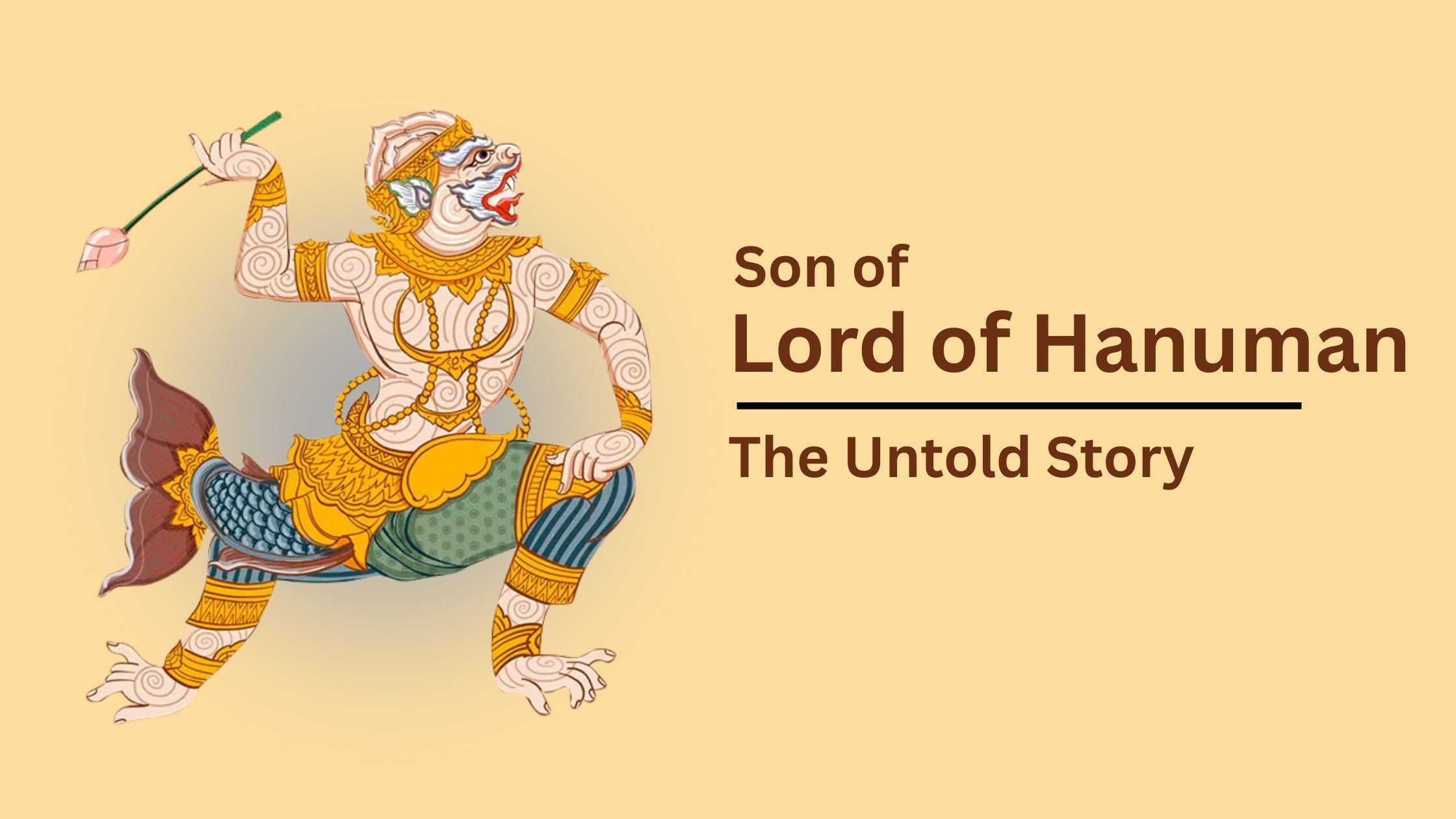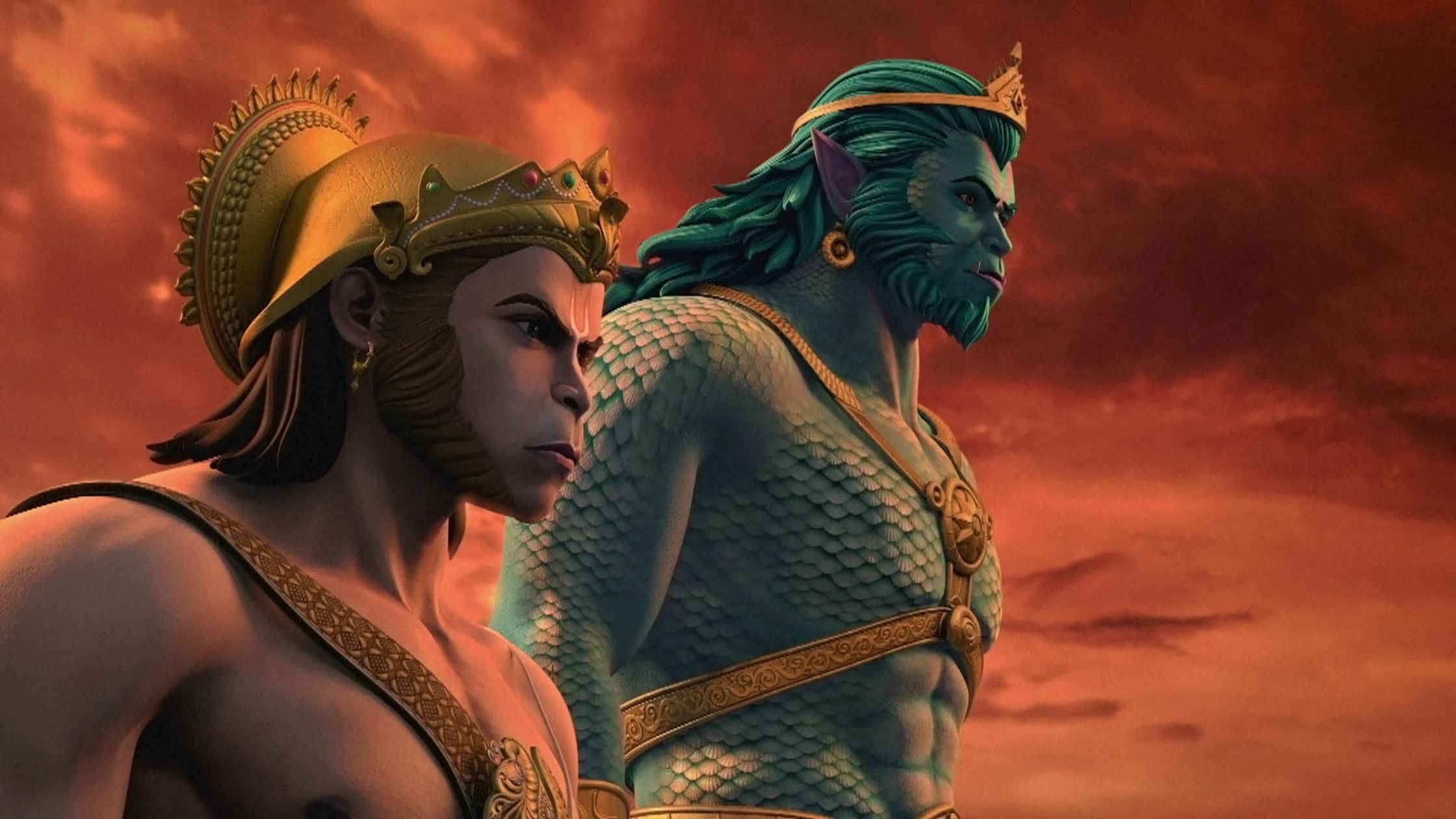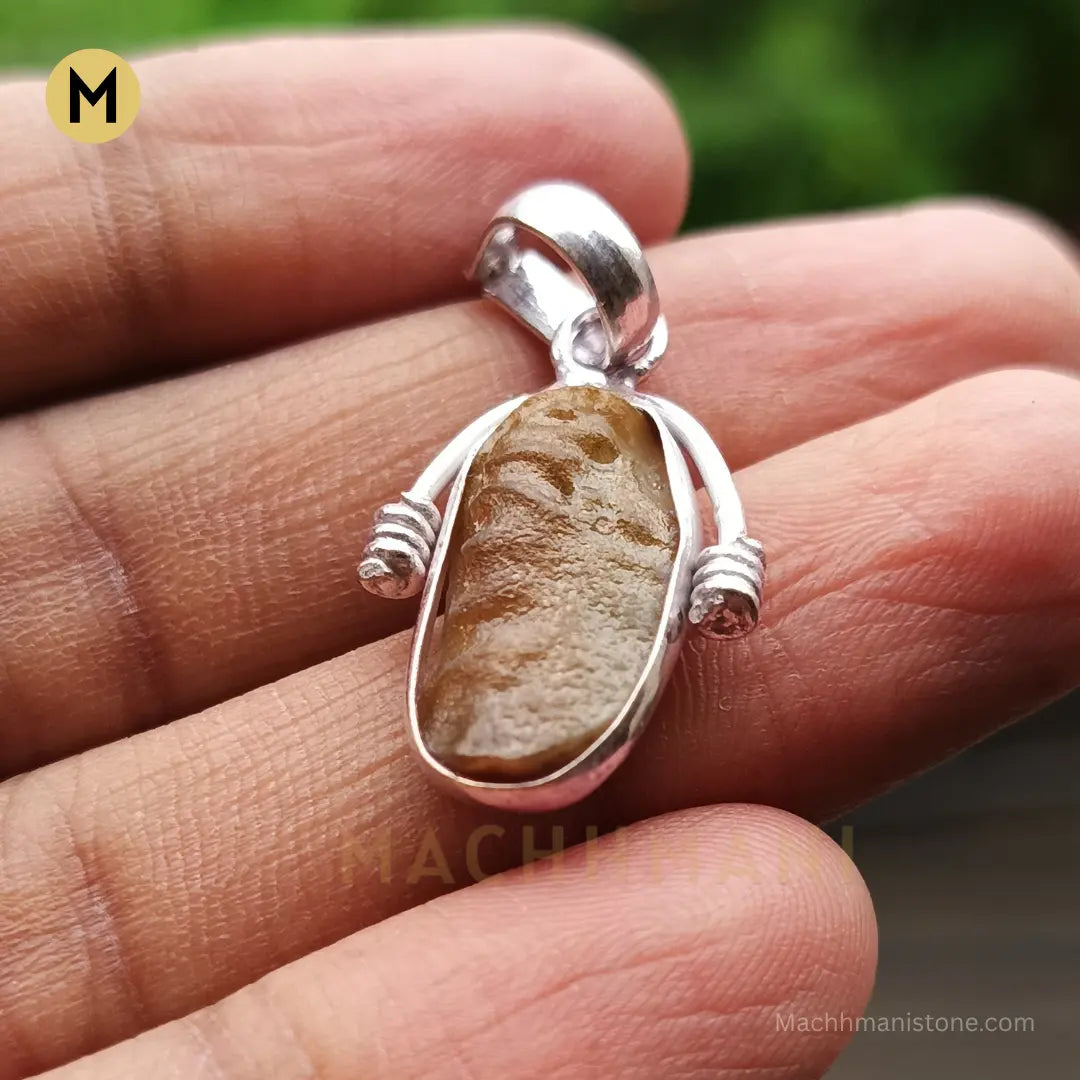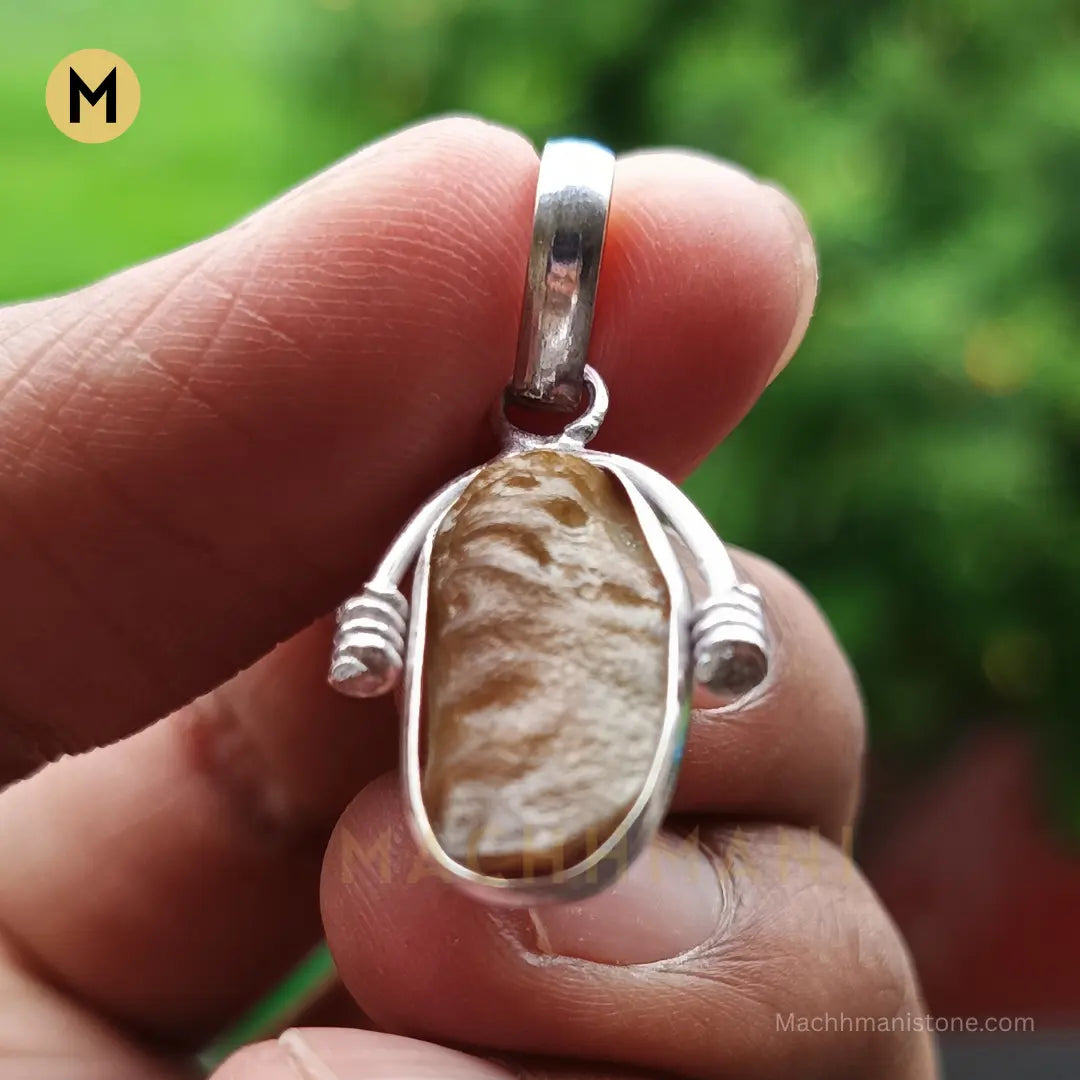We all have heard countless stories of Lord Hanuman — his unmatched strength, deep devotion to Lord Rama, and his pure heart full of courage. But hidden among these divine tales lies one mysterious story — the story of Makardhwaja, the son of Lord Hanuman.
Yes, the son of the celibate deity! This story not only fascinates devotees but also connects deeply with the divine energy believed to reside in Makardhwaj Mani, a sacred stone associated with Lord Hanuman’s powerful lineage.
Let’s explore this beautiful tale and understand the hidden spiritual meanings behind it.
Who is Lord Hanuman?
Lord Hanuman is one of the most loved and worshipped deities in Hinduism. He represents strength, devotion, wisdom, and humility. In the great epic Ramayana, he plays a vital role in helping Lord Rama rescue Mata Sita from the demon king Ravana.
From crossing the ocean to Lanka, setting the golden city ablaze, and even tearing open his chest to show Rama and Sita inside — Hanuman’s stories are symbols of unshakable faith and divine love.
Devotees believe that worshipping Hanuman brings protection, courage, and success, removing fear and negative energies from life. His energy is also believed to be connected with Makardhwaj Mani, which is said to carry blessings of power and protection similar to Hanuman’s own aura.
The Mystery of Lord Hanuman’s Son
The idea of Lord Hanuman having a son might seem impossible, as Hanuman is known for his vow of celibacy (Brahmacharya). Yet, some ancient texts and local Ramayana versions tell the fascinating story of his son, Makardhwaja.
When Lord Rama and Lakshman were captured by the demon Ahiravana, ruler of the underworld (Patal Lok), Hanuman descended into that realm to rescue them.
At the gates of Patal, he met a mighty guard who introduced himself as Makardhwaja – the son of Lord Hanuman. Shocked and curious, Hanuman asked, “How can this be possible?”
This is where the divine birth story begins.
The Divine Birth of Makardhwaja
According to the legend, after Hanuman set Lanka on fire during his search for Mata Sita, he cooled himself by taking a dip in the ocean.
A drop of his sweat fell into the sea and was swallowed by a Makara, a celestial sea creature (half fish, half reptile). From this divine union, Makardhwaja was born — half monkey, half aquatic being.
Ahiravana’s soldiers found this child and brought him to their master. Impressed by his strength, Ahiravana raised Makardhwaja and made him the guardian of Patal Lok.
This birth story is not only symbolic but also represents divine transformation and purity of energy — the same essence believed to be trapped within the sacred Makardhwaj Mani, a gem connected to Lord Hanuman’s spiritual lineage.
The Father–Son Encounter
When Hanuman reached Patal to save Lord Rama and Lakshman, he was stopped by the young and fearless guard — Makardhwaja himself.
Unaware of his true parentage, Makardhwaja followed his duty with full devotion to Ahiravana and refused to let Hanuman pass.
A great battle took place between father and son. Both were equally strong and filled with divine power. In the end, Hanuman emerged victorious but was deeply moved by the boy’s loyalty and courage.
When the truth was revealed, Hanuman blessed Makardhwaja and made him the king of Patal Lok, honoring his strength and devotion.
The energy of this story, full of divine courage and blessings, is believed to be symbolically preserved in the Makardhwaj Mani, often worn by devotees for protection, strength, and removal of negative influences.
Symbolism and Hidden Meaning
The tale of Makardhwaja carries many layers of meaning:
-
Divine Birth: Makardhwaja’s birth from Hanuman’s sweat symbolizes pure energy giving rise to divine power — the same concept reflected in the spiritual essence of Makardhwaj Mani.
-
Loyalty and Duty: Just as Hanuman was loyal to Lord Rama, Makardhwaja’s loyalty to Ahiravana shows the power of dedication, even when destiny is hidden.
-
Balance of Good and Evil: The battle between father and son shows that true wisdom comes from understanding both light and shadow within us.
-
Transformation: The story represents how energy can manifest in multiple forms — physical, spiritual, and symbolic — much like the energy believed to flow through the Makardhwaj Mani stone.
Spiritual Importance of Makardhwaj Mani
Makardhwaj Mani is believed to hold the blessings of Lord Hanuman and Makardhwaja. Devotees wear it for:
-
Protection from evil forces and negative energy
-
Strength, courage, and success in life
-
Better focus, spiritual growth, and confidence
It’s said that the person who keeps faith while wearing Makardhwaj Mani feels the presence of Lord Hanuman’s divine energy guiding and protecting them, especially during hard times.
Conclusion
The story of Makardhwaja, the son of Lord Hanuman, is one of faith, mystery, and divine symbolism. It teaches us that pure devotion creates divine energy, and loyalty is one of the greatest forms of strength.
Whether taken as myth or metaphor, the legend inspires us to stay true to our values, perform our duties with faith, and believe in the unseen power of devotion.
And just like the story itself, the Makardhwaj Machhmani remains a timeless reminder of Hanuman’s strength, his divine lineage, and the eternal energy of courage and devotion that continues to protect and bless devotees even today.












